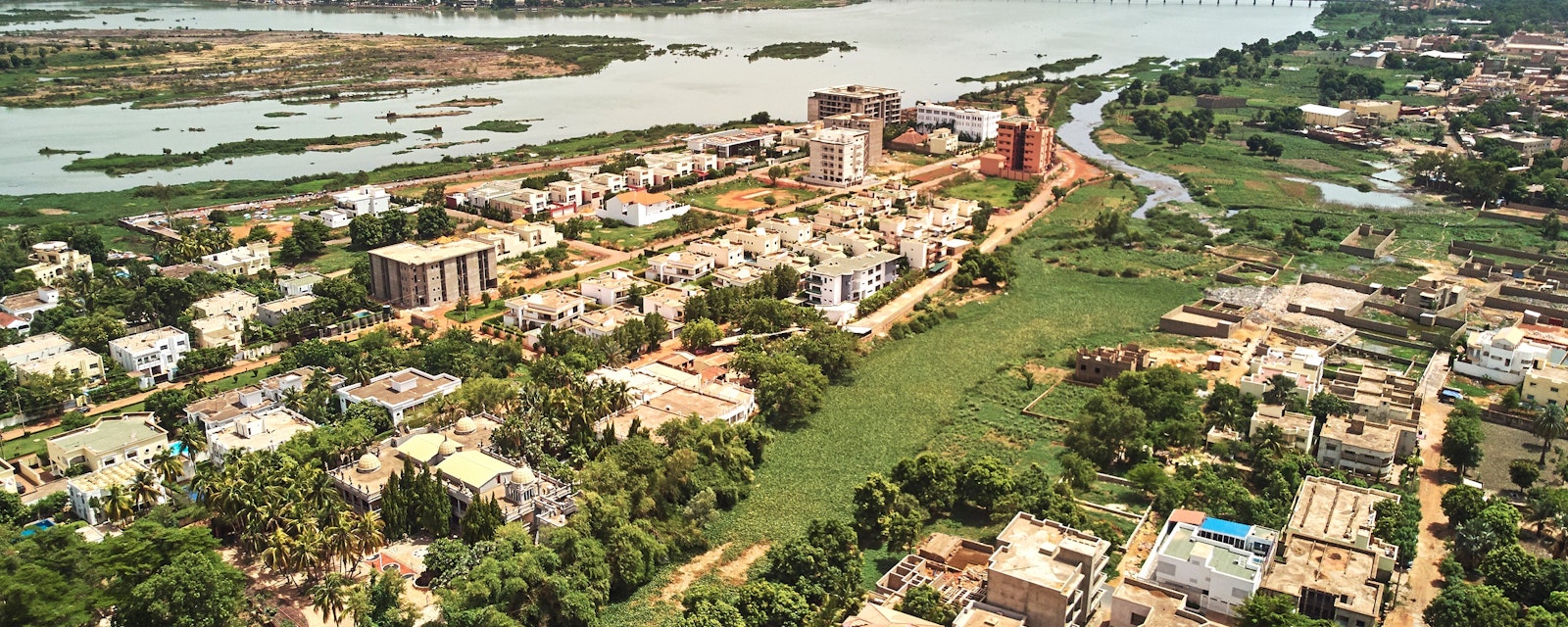On 18 August, mutinous soldiers arrested the increasingly unpopular President Ibrahim Boubacar Keita (‘IBK’) who declared his resignation and dissolved parliament in the evening.
In a statement broadcast in the early hours of 19 August, the coup leaders promised to hand power back to a civilian administration and hold elections within “reasonably delay”. The officers equally expressed their commitment to the Algiers peace accord with northern-Mali based separatist groups and international security partnerships including the UN-led MINUSMA peace operation as well as the French ‘Barkhane’ anti-terror force.
While these announcements should serve to comfort domestic and external audiences for the time being, it is doubtful whether meaningful change will actually materialize if and when fresh elections were held, given the resilience of Mali’s political class. Yesterday’s events will also reverberate across the region and are likely to embolden the opposition in countries like Guinea and Cote d’Ivoire, where presidents Alpha Conde and Alassane Ouattara, respectively, are seeking controversial third terms in October.
In the aftermath of the March/April 2020 legislative election, the constitutional court had re-allocated 31 seats in IBK’s favor. Coupled with a persistent deterioration of the security situation and long-standing economic grievances – exacerbated by the impact of the Covid-19 pandemic – this had triggered a wave of anti-government protests, leading to the formation of the “June 5 Movement – Rally of Patriotic Forces” (French acronym M5-RFP) protest movement in Bamako. Consisting of a coalition of opposition politicians, civil society actors, as well as the prominent Imam Mahmoud Dicko, the M5-RFP had been calling for IBK to resign.
Yesterday’s military coup d’état appears to have started as an unconnected mutiny in military barracks at Kati, 15 kilometers north of Bakamo, triggered by squabbles over promotion policies. However, its high-ranking leadership and the swift and coordinated actions carried out throughout the day point to pre-existing plans, suggesting disgruntled officers seized the opportunity. Footage from Bamako suggests the military enjoys strong support among the population, while there had been very little resistance put up by army units still loyal to the government.
IBK had become president in elections held in August 2013, following the penultimate coup d’état in March 2012, and had secured re-election in 2018. As a former prime minister (1994-2000) and speaker of the national assembly (2002-2007), he – as well as most members of his 64-party coalition government – had been long-standing members of the political class that had been ousted with the 2012 coup. The 2012 coup experience – as well as those of 1968 and 1991 – thus point to the resilience of Mali’s traditional political elite and should serve to dampen expectations of real political change this time around.
Meanwhile, IBK had enjoyed the backing of international partners and regional heads of states, also documented by the swift condemnation of yesterday’s events by the US, France as well the Economic Community of West African States (ECOWAS). In fact, fearing a threat to regional stability, ECOWAS heads of state had unequivocally supported IBK during an extraordinary summit held in late July. While there are profound contextual differences, the precedent set in Mali yesterday is sending jitters to Guinea’s Conde and Cote d’Ivoire’s Ouattara as this will energize the opposition to their controversial re-election bids, slated for 18 and 31 October, respectively.




